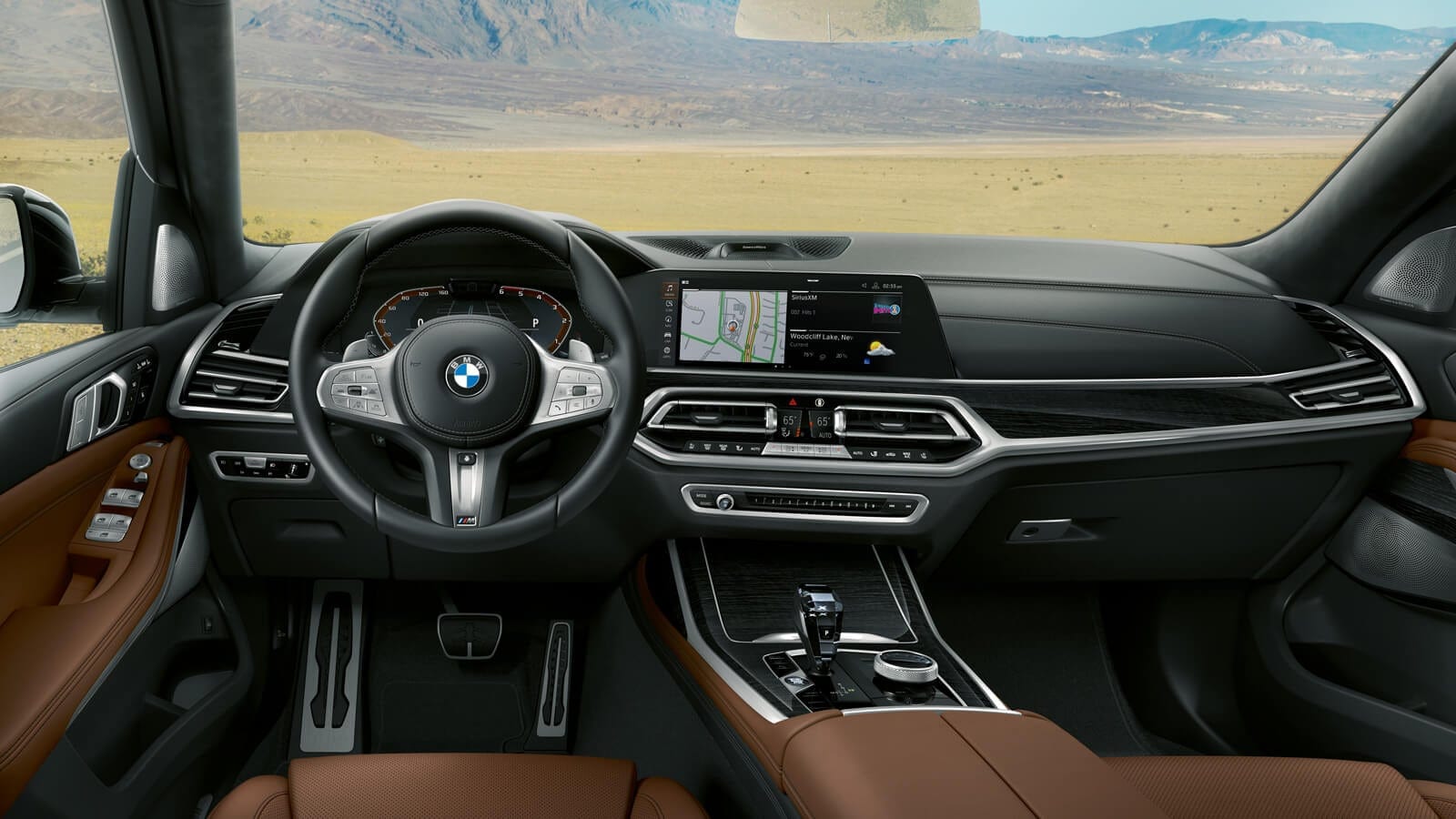Unveiled recently at an appropriately digital presentation, BMW’s latest software update — imaginatively dubbed Operating System 7 — has sparked outrage among car enthusiasts. Why? Because BMW plans to convert many optional features into subscription-based services. Simply put, you pay for a feature as long as you use it.
The problem
At first glance, this may appear to be a cheap cash grab. And it’s not entirely inaccurate to conclude as such. Essentially, all new BMWs will be sold with the ability to have these options. Already, this raises a question: will the base price of the cars be increased to reflect this? To actually use the features, you pay even more money on top of the price of the car, just for an IT guy to click a checkbox next to ‘automatic climate control.’ And you never stop paying. This prospect has annoyed many car enthusiasts, and righteously so.
What’s more, if you choose not to activate certain features, BMW has the power to essentially advertise them to you in your car. Imagine accidentally pressing a blank physical button, and an ad pops up on your screen prompting you to pay for whatever feature the button would have activated had you spent more money. Annoying, right? Now imagine if that happened if you didn’t press the button. BMW has the ability and financial incentive to implement this. In other words, they can, and probably will.
In fact, BMW has come under fire before for requiring a subscription to use CarPlay, a plan that backfired so severely the marque scrapped it altogether. Admittedly, this new idea is similar in many ways. There are quite a few features — such as safety equipment — that drivers will always want to use, and to charge indefinitely for them would discourage their use, which would make the cars less safe. Not good. Safety features should be permanently available in a car. Volvo embodied this very idea when they refused to patent their invention of the seat belt.
The dull, rusty, sort of silver lining
For certain features, a subscription service may make more economic sense than buying them outright. To add heated front seats to a new BMW 530i, you must purchase a $950 package. Here in sunny Southern California, heated seats are usable for only about three months a year. If even that often. Of course, BMW has yet to announce pricing for any of these options, but we can speculate. If heated seats cost $60 a month and you use them for three months a year for three years, you’ve saved $400. Or, rather, you’ve spent $400 less. Given many new 5-Series are leased and returned after just a few years, it’s quite unlikely a subscription service would ultimately cost more.
Another potential benefit of this model is the ability to “try before you buy.” Not sure whether you would really use a heads-up display? Instead of paying the full price for the option, you can now commit to only a temporary, smaller payment before deciding to splurge for the entire thing. Annoyingly, this is a benefit only if you decide against the option. If you do want it, you will pay for it forever — arguably not worth the tradeoff. Additionally, buyers looking for a particularly rare color combination will have more choice, since an unfixable lack of equipment (or lack of affordability due to options) will be significantly less of a concern.
The used market
The shift to subscription-based options is likely to have a profound effect on the secondhand market. If part of your budget for a used vehicle goes toward paying BMW for access to features, your power to purchase the rest of the car decreases. Demand for these vehicles on the used market, therefore, goes down. This will increase the amount of depreciation incurred by the first owner even further — not to mention the lack of options to tout as a selling point. Meanwhile, BMW will perpetually rake in monthly subscription fees.
Another factor to consider is prices of used cars without subscription-based options. In all likelihood, these vehicles will become more desirable on the used market, since the price of options is not an indefinite, recurring cost. An obvious consequence will be higher prices for these models. Which means yes, that E39 M5 you’ve been lusting after will get even more expensive.
Many car enthusiasts are furious at the move to subscription-based options. Are they right? It certainly appears that way. While certain features, such as heated seats, might be more cost-effective in the short term when ordered via this model, the economic drawbacks for the consumer are much more significant. Sadly, it’s likely only a matter of time before other automakers follow suit.


Leave a Reply